‘People are not interested’: Mortgage belt voters ‘losing their homes’ are growing ‘annoyed’ by Voice debate
Public support for the Voice is plummeting, and a leading pollster has revealed the key reason the Yes campaign is all but done for.
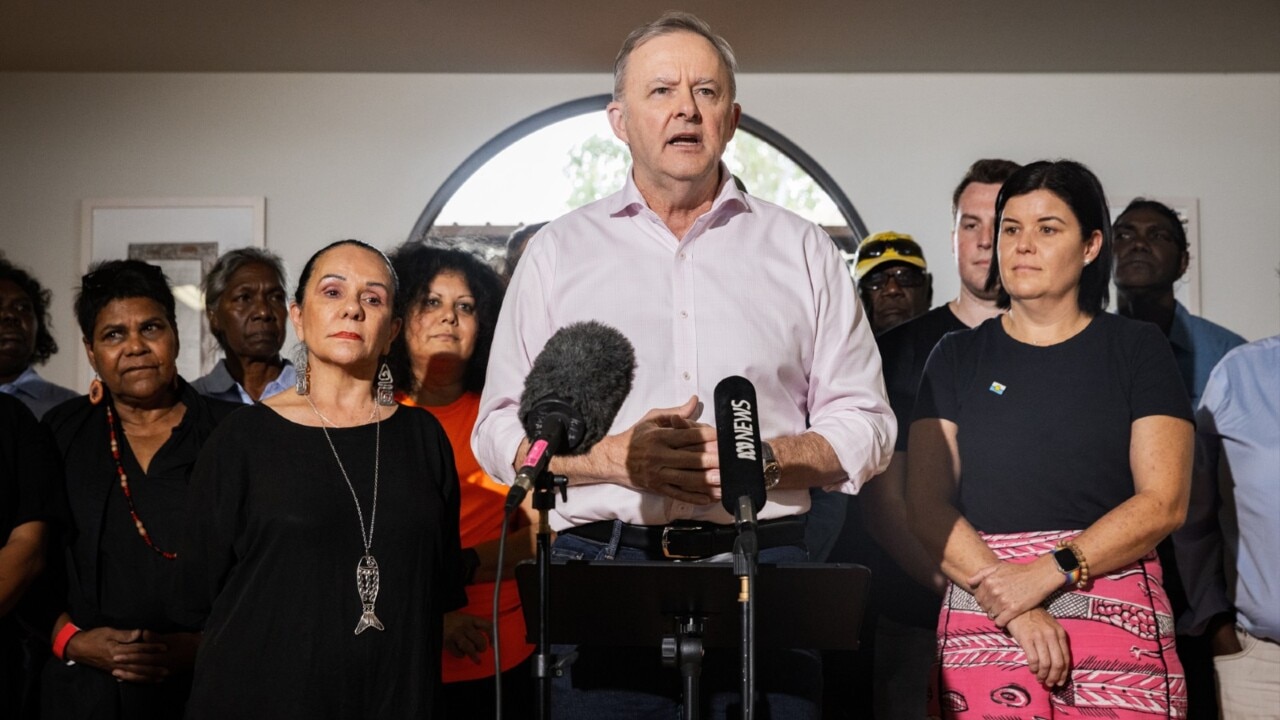
Voters in mortgage belt suburbs who are “starting to lose their homes” are increasingly turning against the Voice because they are “annoyed” political leaders are spending so much time talking about the referendum, a leading pollster says.
Kos Samaras, director at influential polling firm RedBridge, says support for the Indigenous Voice to Parliament is plummeting among lower-income, non-university educated voters in part due to the “politics of grievance”.
“Since the RBA began its long road of raising interest rates, coupled with the cost of living, inflation when it comes to food and other goods, all of the things that could go wrong have gone wrong for people that live in the outer suburbs of our big cities,” he said.
“We know in Melbourne in suburbs like Riverstone, Melton, Cranbourne, those mortgage belt growth areas, we’ve had a significant increase in homes being put on the market, which is unusual because in most other suburbs it’s the other way around, a decline in listings. That’s the first sign of things going pretty bad — people beginning to lose their homes.”
He added, “These individuals are probably not paying any attention to the Voice and when they do they feel like political leaders are talking about an issue that doesn’t concern them. They personally may think it’s OK but increasingly they’re getting annoyed that nobody’s talking about their problems.”
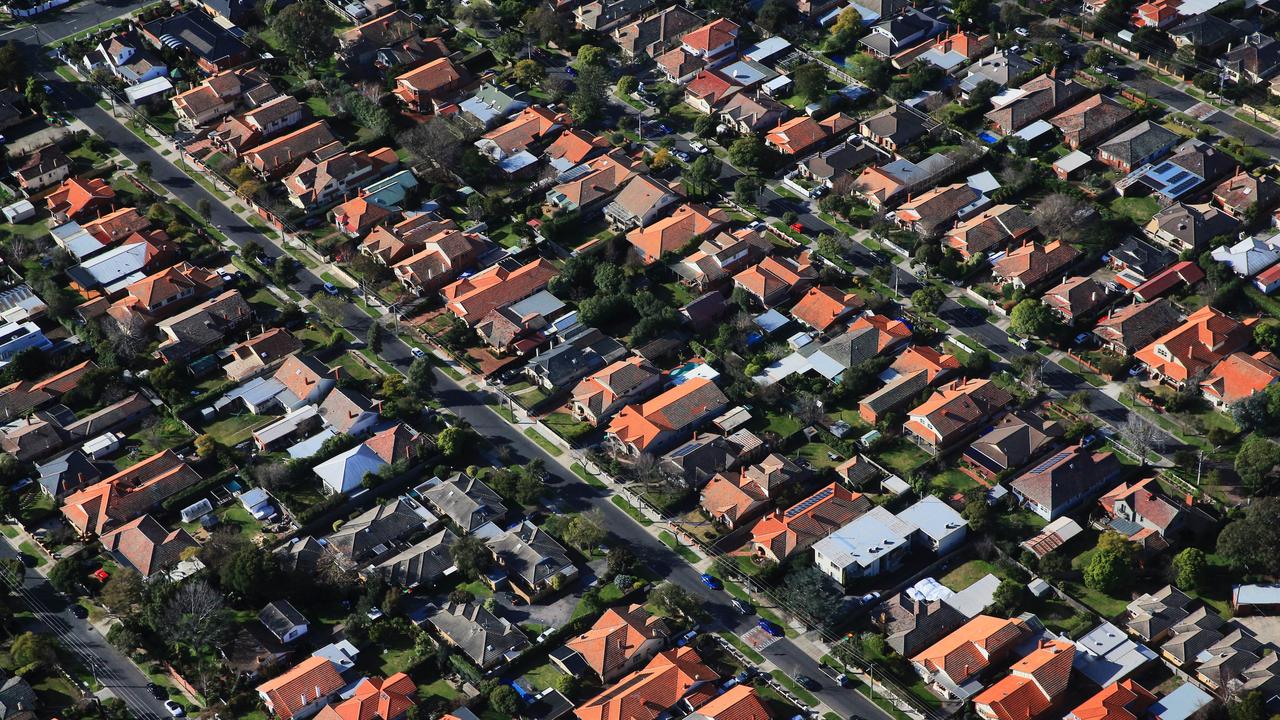
On Sunday, a RedBridge poll published in News Corp newspapers showed support for the Voice had plummeted nationwide, with the No campaign now ahead 56-44.
That lead extended to 59 per cent when voters were exposed to the arguments contained in the official campaign material, with one in four people switching their vote to No after hearing the case from both sides.
No is leading by 56-44 in NSW, 55-45 in Victoria, 63-37 in Queensland, and 54-46 in Western Australia, South Australia and Tasmania.
The poll of more than 1000 voters found the Voice was mainly supported by those with degrees and high incomes, people aged 18 to 34, and those speaking a language other than English at home, while the overwhelming majority of everyone else was against it.
Why are low income, non uni grad voters trending to vote no?
— Kos Samaras (@KosSamaras) August 6, 2023
The politics of grievance.
You will find the epicentre of this trend in this country’s mortgage belts, regional cities and towns.
During the first half of this year, homes going on the market had risen by over 24%… pic.twitter.com/KPpTeUv1YA
Two thirds of voters with household incomes below $50,000 plan to vote No, while those on more than $200,000 a year were the only income group where Yes is ahead, with 51 per cent support.
A Newspoll published in The Australian similarly showed support for the Voice dropping below 50 per cent in every state, with particularly sharp declines among lower-income voters.
Mr Samaras — a former Labor strategist who supports the Voice — said the polling showed a “pretty clear trend” that an increasing number of traditional Labor voters in the sub-$50,000 income bracket were now planning to vote No.
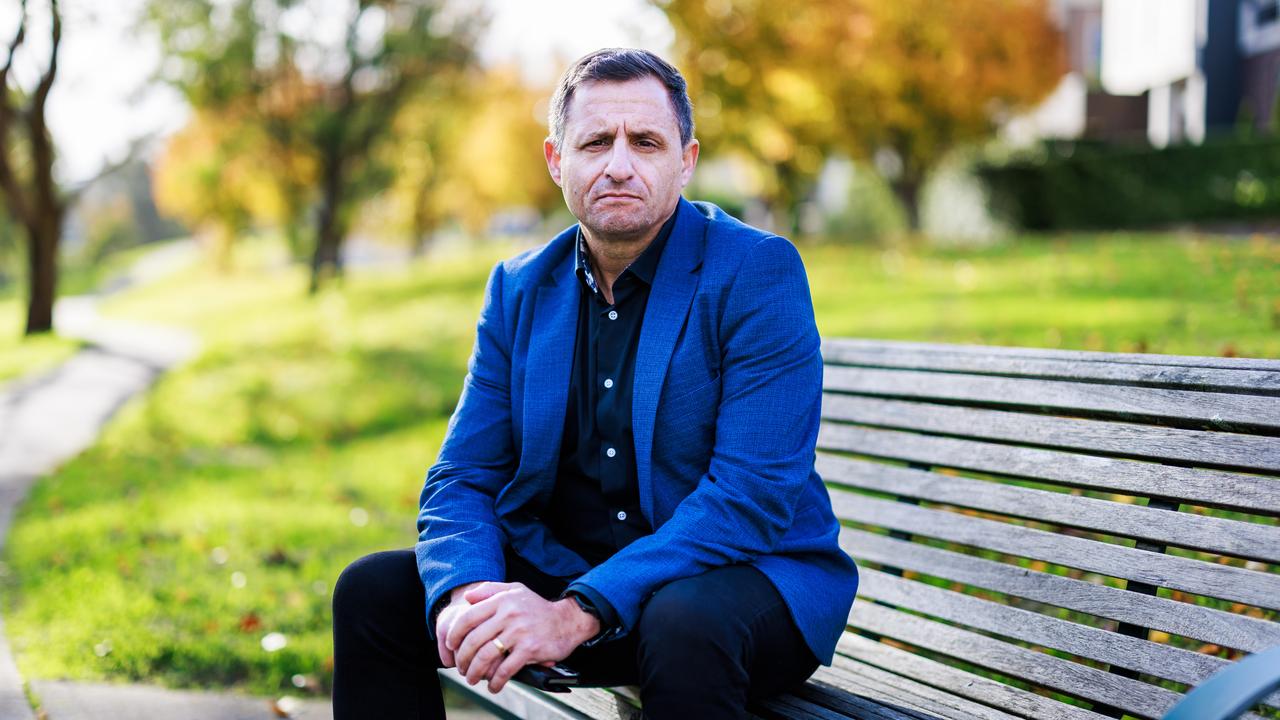
“We expect most of the No vote to be people who vote for the Coalition or Pauline Hanson and UAP, but where the damage is really occurring is amongst people who’ve got a history of voting Labor,” he said.
“I don’t think Labor is even aware of just how bad the situation is out there. They’re spending a lot of political capital talking about an issue that really isn’t top of mind for thousands of voters who live in mortgage belt electorates. I don’t see any sign they’re fully aware of what’s going on in the community.”
Mr Samaras warned that based on the current poll numbers and the “abysmal” performance of the Yes campaign to date, he sees no chance of the referendum succeeding.
“If someone’s selling you a product you don’t want to buy or have no interest in you’re not going to pay attention — they could spend $20 million, $30 million, $40 million, people are still not going to pay attention,” he said.
“That’s the core of the problem. Fifty million can be spent on advertising for the Yes campaign but they’re selling people a product people are not interested in and they just don’t want to listen to it.”
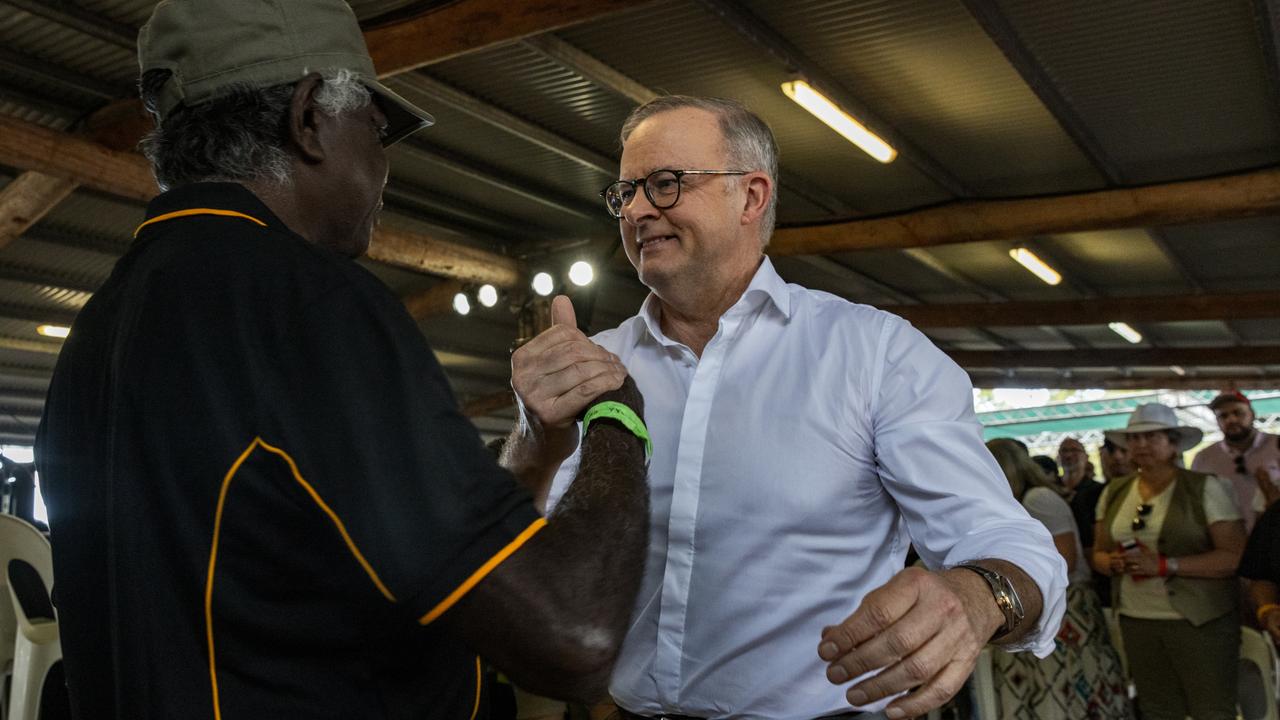
He highlighted the nearly insurmountable challenge faced by the Yes campaign based on the current polling, which showed 37 per cent were “very certain” to vote No and 21 per cent “very certain” to vote Yes.
The battle will now be for that 42 per cent in the middle on either side who were “soft in their intent”. “Unless something drastic happens it’s hard to see how they can get that double majority,” he said.
“To get a double majority you need to be in the mid-50s. To bring the vote back over 50 and get the double majority, the Yes campaign needs to secure about two-thirds of that 42 per cent. It’s a big ask, and up until now they’ve shown no signs of being at all organised or sophisticated enough to run a good campaign. They’ve been abysmal up until now.”
The sad irony, according to Mr Samaras, was that most voters “might personally” support the idea of the Voice. “If you went to every house and said, ‘Do you think Aboriginal people should be recognised in the constitution?’, I reckon the vote would be 90 per cent,” he said.
“But we go back to talking about these voters in the mortgage belts in particular — most would be more interested in trying to keep a roof over [their] head.”
Yes campaign director Dean Parkin told Sky News he remains confident the referendum will be successful despite the dire polling.
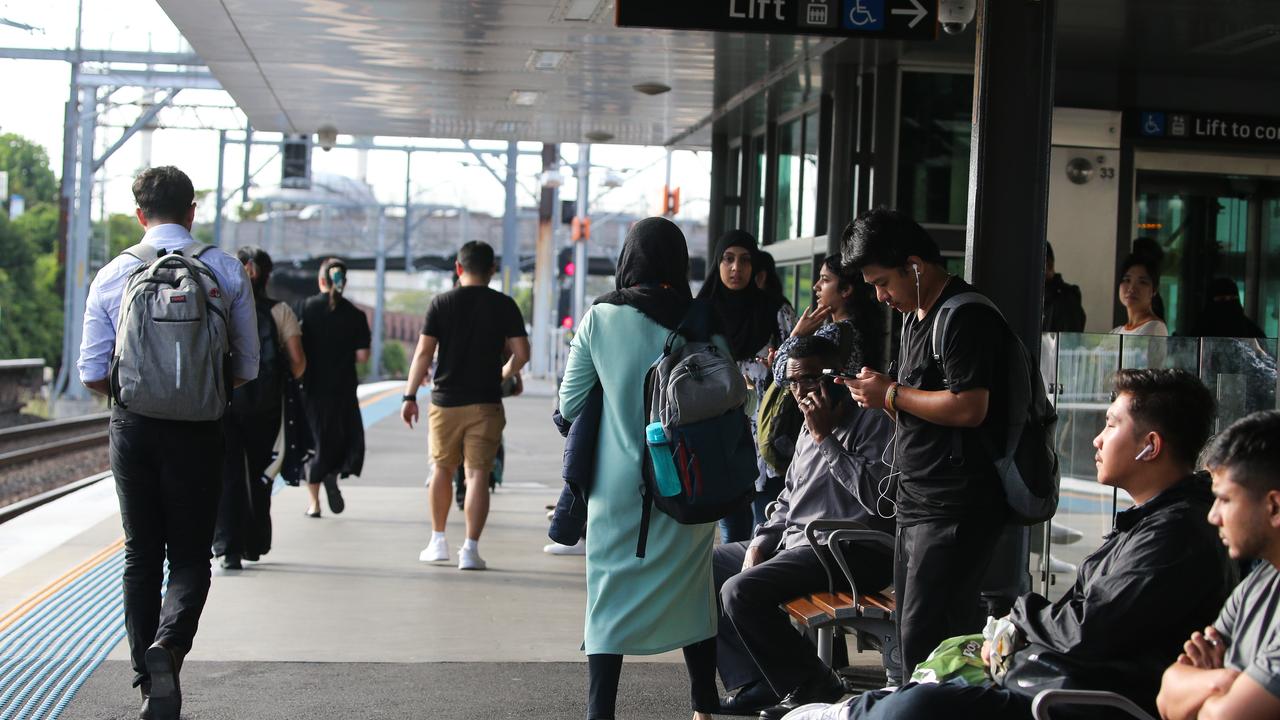
“Through our own research we know that between 35-40 per cent of Australian people haven’t made their mind up yet,” he told the broadcaster at the Garma Festival in Northeast Arnhem Land.
“There’s a lot of Australians that haven’t turned their mind to it yet, there’s issues like cost of living which are at the forefront of people’s minds. There’s a lot of people that are undecided.”
Assistant Indigenous Australians Minister Malarndirri McCarthy said she — and the government and Yes campaign more broadly — were confident the Voice would get over the line.
“We knew from the very beginning that referendums are so hard to win in this country — we’re having everything thrown at us,” she told ABC News.
“But we have so much hope and belief and faith we’ll get through to other side. The goodness of Gulkula and the spirit of the people that flowed through that country to all of us is reaching out to right across Australia and I will not stop in believing that, right up until 6pm on the night of the referendum.”
Prime Minister Anthony Albanese said there was a “long way to go” in the campaign, comparing the current poll results to those for Labor in the lead-up to last May’s election.
“I remember people telling me that there was no possibility Labor would win the last election and I’m speaking to you from the Lodge,” he told ABC Radio.
“There’s been a whole lot of noise about things that it’s not about, but it’s a simple proposition.”
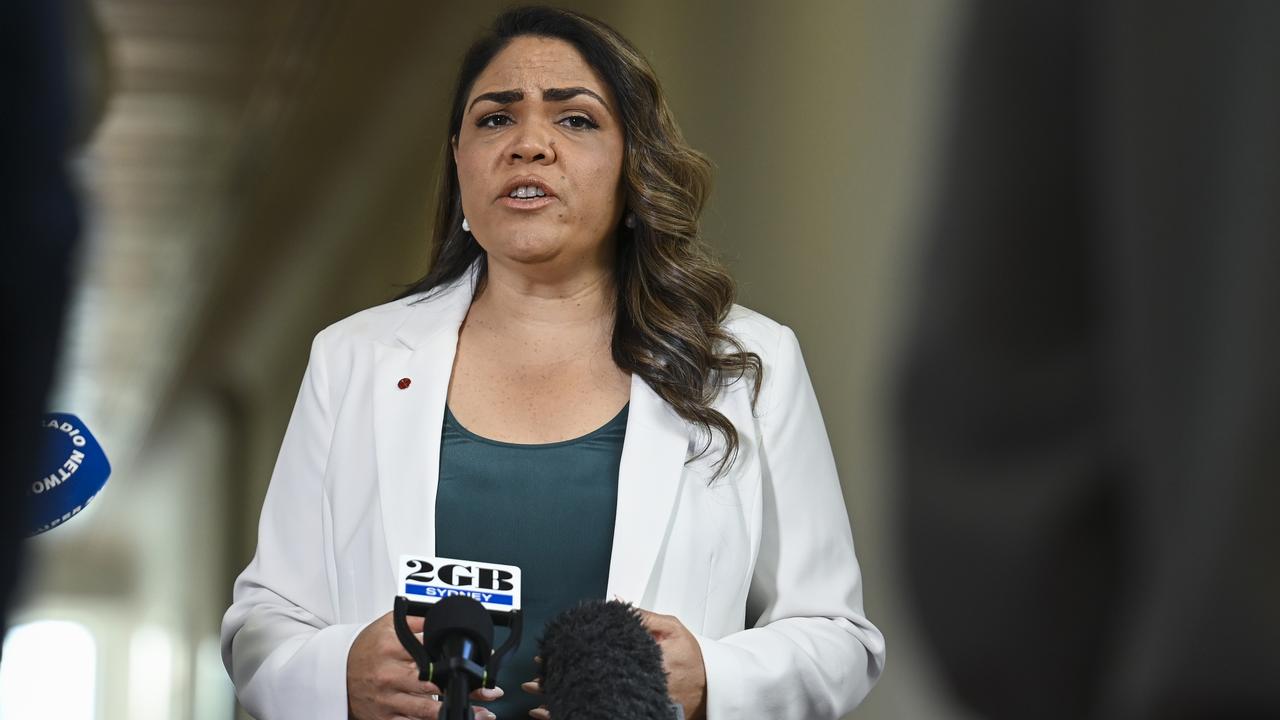
Senator Jacinta Nampijinpa Price, the opposition’s Indigenous Australians spokeswoman, said the latest poll results demonstrated “Australians are wanting to know more about the Voice” and that “when they seek more information, they’re finding that they’re not getting the information that they require to make the decision that they’d like to in favour of supporting Indigenous Australians”.
“I think the Voice proposal is quite empty and, therefore, this is why support is dropping off for the Yes vote,” she told ABC News.
Ms Price also hit back at the suggestion that constitutional recognition was what First Nations leaders called for in the Uluru Statement from the Heart.
“Again, a handful of Indigenous Australians called for it,” she said.
“Not all Indigenous Australians called for it, and I think it’s a racial stereotype to suggest that all Indigenous Australians support this proposal when there are many, many who don’t, but who often are not heard because, unlike those who attended Uluru, they have never had the opportunity to have a seat at the table to be heard, and had the ear of many prime ministers previously and many governments previously.”
More Coverage
She added, “Unfortunately, we’re the only group of Australians that’s treated this way. No other group of Australians — because of their race — come together to make determinations for the rest of that race of Australians in the country.”
— with NCA NewsWire






